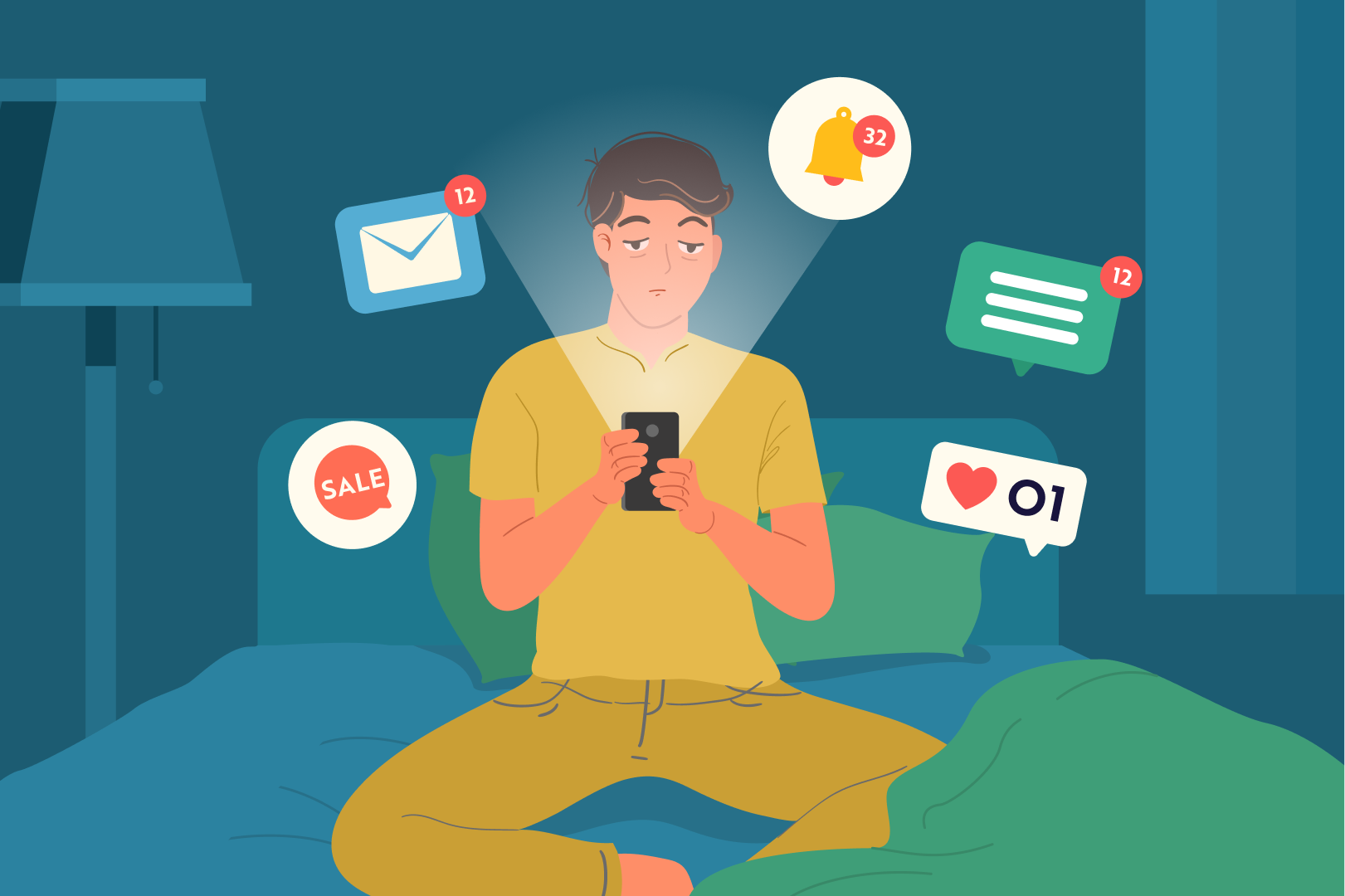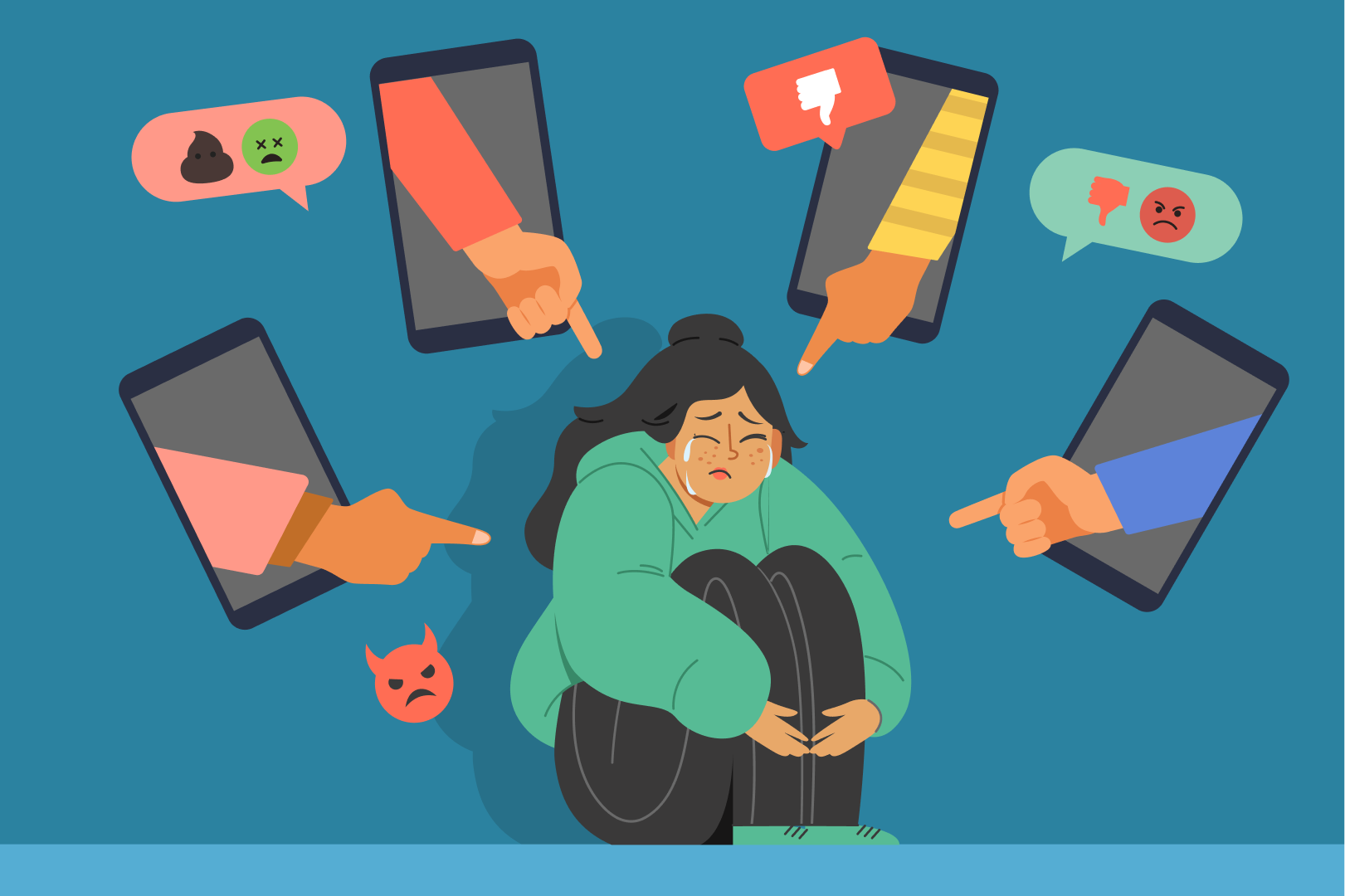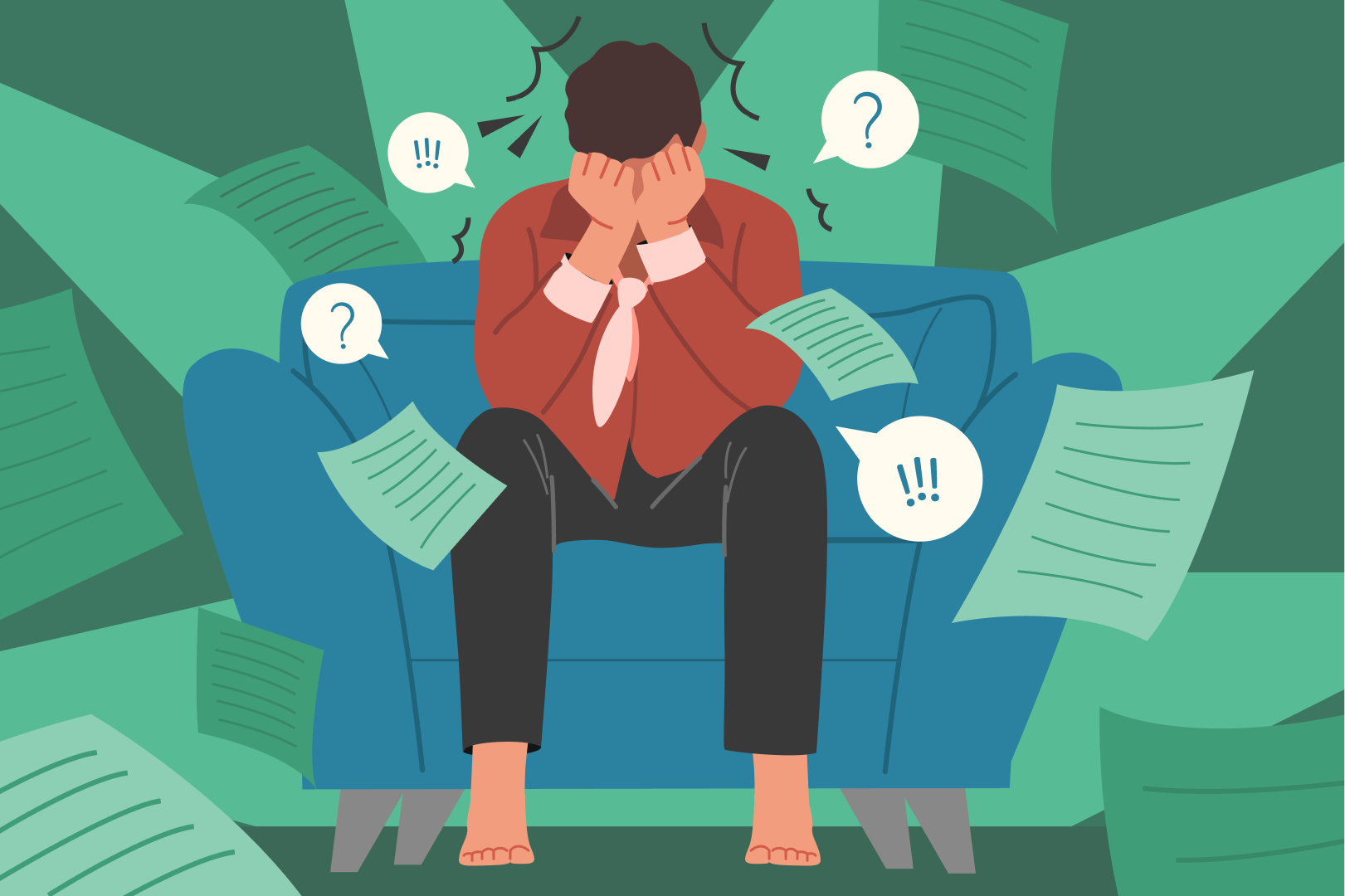What is Social Media Addiction ?
Social media addiction means two distinct characteristics of addiction: the extensive amount of time spent on social media and the underlying reasons why they’re engaged online.
A teen with a social media addiction has an overwhelming desire to participate in the virtual world. The teen will feel internal pressure to check their updates, add new statuses, post a photo, or engage in other online activity. A teen addicted to social media will prefer the virtual connections and relationships to those in real life. As the teenage years are a pivotal time for social growth in teens, this desire can be harmful as the teen may not develop healthy or appropriate social skills.
Another common characteristic of teens addicted to social media is the desire to create an attractive and “likable” virtual view of their life. A teen may spendmore time taking photos of their ‘fun activity’ then they actually spend participating in and enjoying it. A teen may become so consumed with taking photos of themselves on the beach, at a concert, etc. that they actually miss enjoying the beach or concert.
While the teenage experience is full of pressures and stresses about being ‘good enough’ it is even more so for a teen with a social media addiction. The constant pressure to gain ‘likes’ and comments hinders their ability to find their true identity in an authentic way
Social media addiction is a behavioural disorder in which teens or young adults use social media excessively and are unable to reduce or stop being on online media despite the negative effects it this excess use has on their lives
While many teenagers engage in some form of online media on a daily basis (including Facebook, Instagram, Twitter, YouTube, Vine, Snapchat, and video games), teen social media addiction is characterized by the combination of an excessive media use, an increasing dependence on social media as a way to feel good, and an inability to stop or curb this behavior despite its negative effects. The addiction could lead to losses in friendship, decreased physical connect with people, and a negative effect on studies .
- It’s known that teens and adults alike check their phones upwards of 150 times a day, and it’s been well-documented that our excessive access to social media and our obsession with our online appearance has had a significant impact on teens, including severe self-esteem issues and feelings of anxiety.
- Social media not only promotes the decline in mental health for many teens, but it also becomes an easy outlet for online aggression and cyberbullying, further impacting a child emotionally.
- An addiction to online media may lead a child to struggle to engage with others on a normal level, as well as affect their academic performance and chances for a future.
- Addiction-levels of social media use can also negatively impact existing relationships, leading many teens to struggle to maintain a commitment to their friends due to constant distraction and lack of attention.
- Difficulty with sticking to limits you set for yourself on the use of social media or losing track of time while using social media e.g. intending to surf the net or use social media for 5-10 minutes and then feeling surprised an hour later that you are still logged on.
- Spending excessive amounts of time on social media such that other important life tasks are neglected e.g., no longer spending time with friends because you would prefer to be on social media, not meeting deadlines at school/work because you are constantly on social media, not doing regular essential household chores because all your spare time is dedicated to being on social media.
- Changes in mood when not engaged in social media e.g., an increase in irritability or decrease in mood when you are not logged on to social media.
- A marked increase in distress or anxiety at the thought of not being able to go on social media e.g., if the thought of going for half a day without social media is unbearable
- When other people think it is a problem. If your family and friends are constantly complaining that you spend too much time on social media then it may be time to consider making changes to your behaviour.
- Feeling unsettled when there is no access to the internet, the social network is down, or it is slower than usual.
- Checking social media first thing in the morning and last thing at night.
- Feeling stressed when the smartphone isn’t to hand.
- Using social media while walking.
- Feeling bad when not getting likes, retweets or views.
- Using social media when driving.
- Preferring to communicate with friends and family through social media rather than face-to-face.
- Feeling the need to share everyday things all the time.
- Thinking that everyone else’s life is better than ours, depending on what we see on the networks.
- Checking in wherever we go.
Some theories outlining why people may become addicted to social media include the following:
- Biochemical responses: There is some evidence to suggest that the reward centre in the brain may be activated when we use technology, resulting in ‘feel-good’ chemicals being released into the brain. Studies have shown that a higher level of these chemicals is released when we share personal information with others than when we talk about other topics. This may be one reason why social media is so popular.
Social media addictions can affect the chemical processes of the brain. Studies have found that when a teen receives a ‘like’ on social media, the same circuits of the brain are activated that would be if the teen had won money or eaten chocolate.
The rush of dopamine to the brain as a result of positive feedback creates a type of high. This begins a cycle of desire for the teen to recreate that positive feeling. More posting, checking and watching are a result.
Studies suggest that teens with social media addictions are more likely to develop other addictions. As the brain desires more and more positive ‘highs’, social media and reactions from the virtual world are not always able to readily deliver. Teens may then turn to drugs, alcohol, and other drugs to create the same sensation.
- Managing unpleasant feelings: The internet provides opportunities to escape from the demands and difficulties of everyday life including the unpleasant feelings that are a normal part of being human e.g., anxiety, loneliness, depression, stress and boredom. Using social media also allows us to waste time and procrastinate from completing difficult or unpleasant tasks, allowing further avoidance of unpleasant feelings.
- Image Management/Shyness: Social media presents many opportunities to establish new relationships and increase a person’s confidence in relating to others without the usual added social pressures. It allows an individual to present themselves however they choose and to be in control of their own image. Social media also presents an opportunity for people who are concerned about how others see them to get real life feedback about others’ perceptions of them. This feedback also allows people to experience a sense of significance as others demonstrate interest in their opinions, interests, talents and daily activities.
Amongst the most widely-recognised causes of addiction to social media are low self-esteem, personal dissatisfaction, depression and hyperactivity, and even lack of affection, a deficiency that adolescents frequently try to replace with the famous likes. In fact, many young people seek them out almost compulsively to experience an intense — but always fleeting — feeling of satisfaction that nevertheless can be counter-productive by making them dependent, in the long term, on the opinions of others.
The usual profile of the addict is a young person aged between 16 and 24. Adolescents are at the highest risk of falling into addiction, experts say, for three basic reasons: their tendency to be impulsive, their need for a widespread and growing social influence, and finally, the necessity for them to reaffirm their group identity.
As with all addictions, prevention is better than cure. In this regard there are some simple practices that are very effective in reducing that excessive use of social media that leads to dependence. The following are among the most effective:
- Set a minimum time of 15 minutes between connections.
- Do without your mobile at key times of the day (breakfast, lunch and dinner).
- Switch off automatic notifications.
- Put your mobile on silent and don’t even use it as a watch or alarm, to avoid temptation.
- Set a minimum time each day for completely offline activities such as sport, reading or listening to music.
- Cut down your number of social media friends.
- Delete unnecessary apps and WhatsApp groups.
- Social media addiction treatment requires time spent away from social media – and online media in general – as well as a focus on helping teens deal with the consequences of their addiction, face the potential causes for their addictive behavior, and identify methods that might help them better limit their social media use, and continue a healthier relationship with online media.
- Talk Therapy – One-on-one psychotherapy with a professional may help teens dissociate from their behavior and realize the damage it has been doing to them and others. There’s an argument to be made that teens live with different concepts of communication and interaction thanks to the internet, but research has shown that excessive online media use leads to severe negative mental health impacts. By understanding the damage that has been done – and why it was done in the first place – teens can move on to find ways to balance their online media with life.
- Family Therapy – Sometimes, it helps to work not only with a teen, but with their family as well. A group therapy session can help the rest of the family better understand what the teen is going through, as well as identify methods to help them.
- Implementing changes throughout the whole family can also help the teen better deal with their problem and encourage healthier use of online media throughout the household.
- Other Treatment – While talk therapy is a powerful tool, psychiatrists and therapists use a large repertoire to help teens deal with their social media addiction, including different forms of therapy to help introduce a teen to certain coping mechanisms, and alternative treatments such as meditation, yoga, and more.
- If a teen is diagnosed with a different problem, or if a teen shows symptoms of anxiety and/or depression, a psychiatrist may also employ treatment methods for these disorders, potentially including medication if needed.








